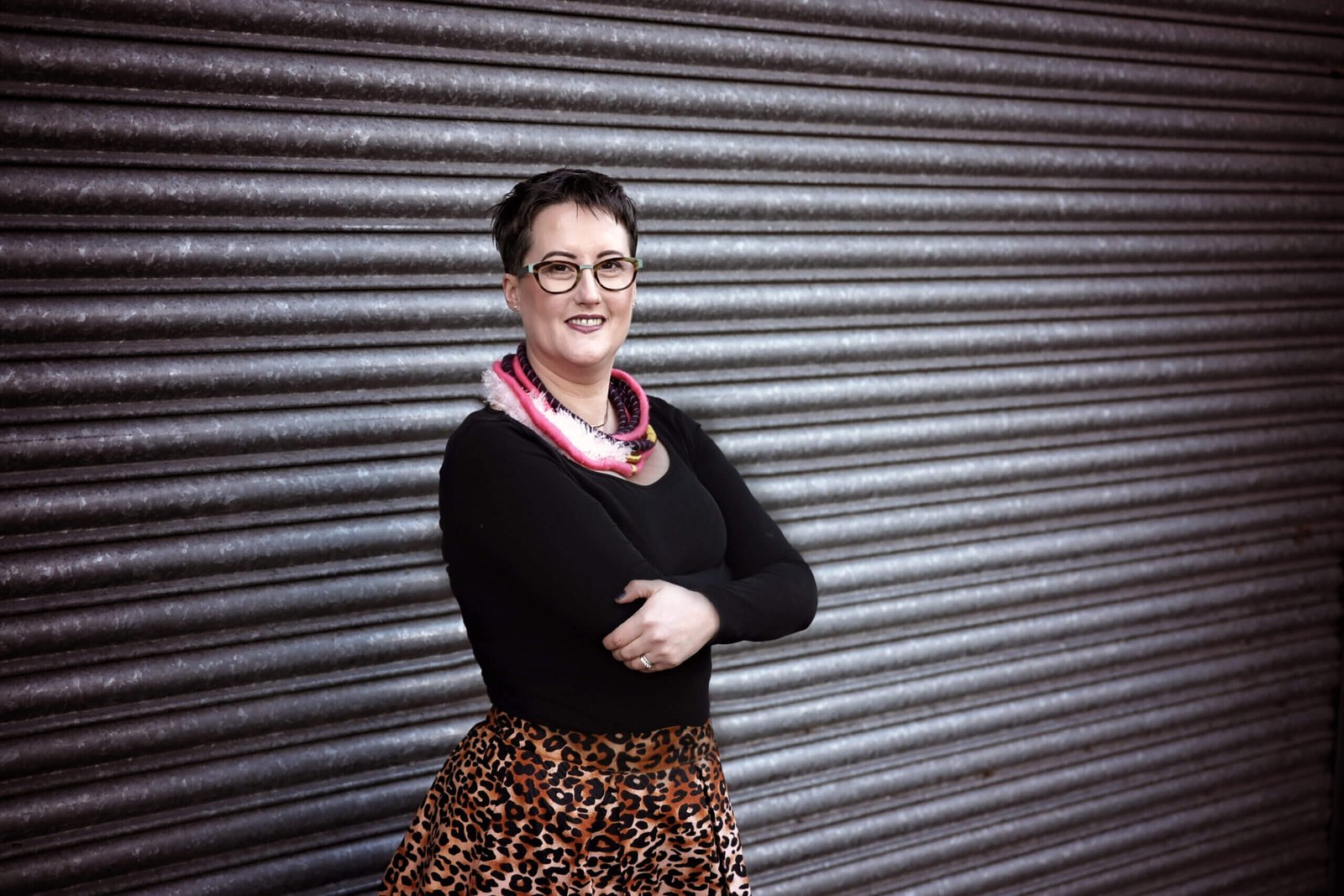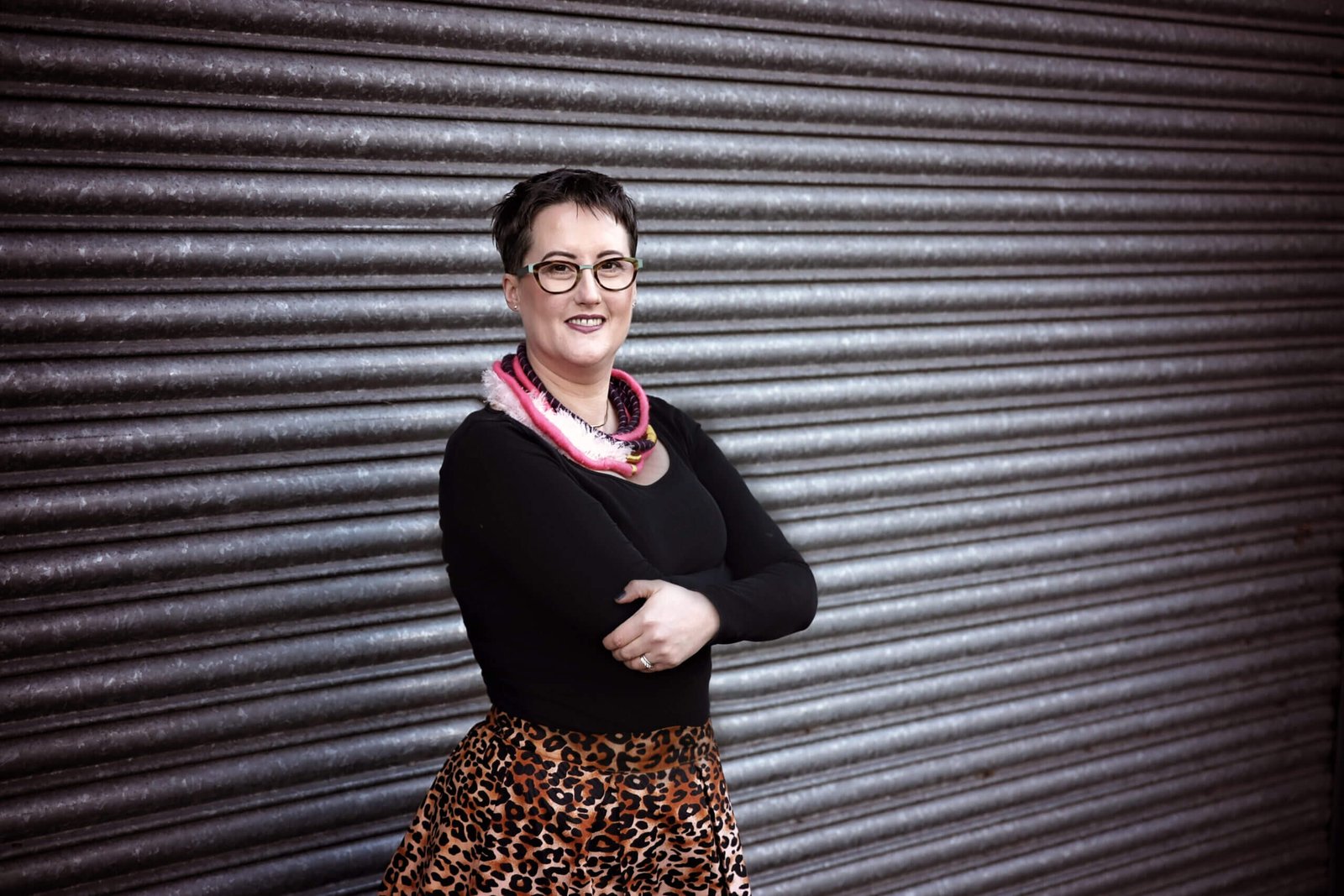
by Bethan O'Riordan | Mar 27, 2023 | Blog, Parenting
It can be difficult to find time to ground yourself, especially if you don’t know what the practice really looks like for you and what you hope to gain from it. Once you know this, it’s easier to turn a goal into a plan. You’ll find yourself utilising those pockets of time for yourself more wisely, rather than being so frustrated that you miss those opportunities altogether.
Grounding is all about creating an alternative to stress and overwhelm. Being a parent is so busy and there’s so much to do that parents often report feeling frazzled and overwhelmed at point throughout the day. And often this can come to a head in the evening time, which can feel so unfair because you’ve to manage this and get the kids to bed!
You may want to carve out buckets of time for re-setting your central nervous system, but grounding is something best done little and often. This way, when crisis hits, your energy and focus are topped up and you can approach the situation with a level head.
Being negatively stimulated often brings about the need for grounding when it’s too late. Our senses trigger our thoughts, so nurture your senses positively throughout the day. Have pictures around the home which make you smile and remember good times, take time to stop and have a cup of tea, go to the toilet when you need it and sit down when you’d like to.
And I know these things may seem like a luxury, but once you get into it you get used to it and your nervous system begins to feel it’s ok to slow down. My best advise is to take short, regular breaks and fill your senses with what makes you feel good, even if for a moment. This is the anti-dote to stress and overwhelm.
And yes, it’s hard to do with the kids around, but not impossible. Over time they get used to you stopping.
This is something we talk about in depth in the Calm Parenting Club, and there’s so much in the app so you have what your senses need to help them slow down in one handy spot.
If anything in this blog resonates with you and you’d like support to create change, you’re welcome to book a free call with Bethan here to explore your support options. Make sure you download your free 5 Steps to Calmer Parenting and if you’re looking for immediate parenting advise, join us in the Calm Parenting Club.

by Bethan O'Riordan | Feb 27, 2023 | Blog, Parenting
Carving time out in your busy schedule for yourself is an important part of being a parent. Here’s how you make the most of those hidden pockets of time in your day.
When I read this question, it took me back to my early motherhood days when I couldn’t consistently guarantee I’d cleaned my teeth, yet the kids were eating the most beautiful organic home-cooked foods. It takes time to find your way and create time for yourself. As parents, we must learn that delicate balance between our children’s needs and our own.
So, let’s get practical. Firstly, let’s be realistic about how much time is available to you. My children are now 11, nine and eight, and I’ve no clue where they are in the house as I respond to your question. I know this is a luxury as my children have no additional needs, so I’ve no impending concern for their safety. I also remember when the kids were toddlers and babies; not knowing where they were wasn’t an option.
Look at your schedule and see where there are pockets of time. Are there five or 10 mins here and there? Are you a working parent, and can you use a lunch break? I’m not sure how old your children are, but when mine were little, I discovered that if I stopped every day at 10 am and sat at the table with a drink, it allowed me time for myself.
The essential part of this is what you do in your downtime. What can you do to help you feel mentally and physically rested? Would a lie on the floor help? A stretch? A cup of tea while listening to a podcast? I have recently started letter-writing again and feel great because of it.
If your kids are small (or big!), they may pester you when you stop, so having something to do is helpful. Tell them, “I’m just reading my magazine. I’ll be with you in 10 minutes”, or if they are younger, have something for them to do at the table next to you. They will learn over time that this is downtime, and you’ll still be able to feel like you’ve had time for yourself.
If anything in this blog resonates with you and you’d like support to create change, you’re welcome to book a free call with Bethan here to explore your support options. Make sure you download your free 5 Steps to Calmer Parenting to help develop new coping skills for what’s hard. If you’re looking for immediate parenting support, you can start your free 7 day trial in the Calm Parenting Club, my online parenting community.

by Bethan O'Riordan | Feb 20, 2023 | Blog, Parenting
Self-care is not a mythical creature, but as a parent, it can often feel like it. If you’re finding it challenging to make time for acts of self-care you need to clarify your motivation for taking care of yourself.
We need to re-frame self-care. Self-care is a mix of many things, but busy parents need to work out what they’re hoping for – this will help to de-bunk the myth part of it.
Do you want to connect with yourself or with friends?
Do you wish to regulate your emotions?
Do you need to unwind or chill out?
Do you want to get fit?
Do you need to improve your mental health?
Do you want to stop shouting at your children?
Do you want to stop being self-critical?
You’re allowed to choose all of the above!
When you know what you’re looking for, you can create realistic plans that fit your life and time availability. The critical thing to remember about self-care is that it doesn’t always have to involve spending money and attending events. Yes, I adore my weekly pilates, crossfit and walks with the dog, but I also find enormous comfort and nurturing in paying attention to my daily needs.
Think about what parts of your day exhaust you. When do you need to stop and take a break? Create a routine to help yourself regulate, wind down and be at ease. This might be having a cup of tea, jogging on the spot, taking a breath of fresh air, reading a book, or listening to your favourite podcast.
These simple but powerful activities, which help you tune in, will support your mind and body. By incorporating them into your life, you’re looking after yourself and showing your children how to look after themselves.
If anything in this blog resonates with you and you’d like support to create change, you’re welcome to book a free call with Bethan here to explore your support options. Make sure you download your free 5 Steps to Calmer Parenting to help develop new coping skills for what’s hard. If you’re looking for immediate parenting support, you can start your free 7 day trial in the Calm Parenting Club, my online parenting community.

by Bethan O'Riordan | Feb 13, 2023 | Blog, Parenting
There’s almost always one parent who thinks of or takes care of more household and parenting matters than the other. Here’s how you can learn to share the challenges and improve your parenting relationship.
Sharing parenting responsibilities involves three things – good communication, all parties not taking things personally and letting go of control. These principles apply whether you’re separated or still in a relationship with the other parent. I am not sure where you’re feeling stuck, but managing children’s lives involves creating a new dialogue and way of relating.
The tricky thing about parenting is that we all fall back to our parenting default mode and, from this place, carve a new way of parenting – or not. This is where most families become stuck. Most parents want to hang onto the good bits of parenting they received and re-mould the more unhelpful bits, which can leave parents in different places with different values and desires for how they wish to carry out the practicalities of parenting.
So, in terms of sharing the emotional load, it’s helpful when both parties reduce expectations. I’ve met many parents who won’t share the emotional load because their partner “doesn’t do things as well”, misses details, and the big one, “won’t do it properly”. But here’s the thing – each child needs to form a relationship with their parents, and that’s between them.
So how to share the emotional load? Talk about why you do the things you do, why they are important to you and then listen to the other parent’s opinion too – somewhere in between is your middle ground. Keep talking, keep your views/instructions clear and reflect on why it’s hard for you to let go of control because this will give you all the answers you need.
If anything in this blog resonates with you and you’d like support to create change, you’re welcome to book a free call with Bethan here to explore your support options. Make sure you download your free 5 Steps to Calmer Parenting to help develop new coping skills for what’s hard. If you’re looking for immediate parenting support, you can start your free 7 day trial in the Calm Parenting Club, my online parenting community.

by Bethan O'Riordan | Feb 6, 2023 | Blog, Parenting
Children are more observant and empathic than we often give them credit for. Your anxieties are their anxieties. Care for yourself to care for them.
Every parent has a part of their emotional world that they don’t want their children to see, and I am delighted that you know that yours is your anxiety. Every parent will impact their child in an unhelpful way. While this is part of life, all parents have this excellent opportunity to reduce this impact.
Awareness is step one and an essential part of the change. So let’s take this awareness a step further – in what ways do you think your anxiety could/is impacting your child?
Is it:
How you think about them? (children pick up on this)
How you are interacting, your words or behaviours?
Are you stopping them from doing things because of your fear?
To remedy this, the most important thing you can do as a parent is beginning to understand your anxiety and do your very best not to let it run the show. You must put yourself as number one in your life because when you do this, you are taking time to nurture all parts of yourself and do your best to create a balanced life.
Do you know what feeds your anxiety? Do you know what your anxiety needs to be kept at bay? Slowing down life is always helpful. Take time to look after yourself, eat well, rest and be in relationships that nurture you. Notice when you’re feeling out of balance and enhance your skills for returning to a place that feels good.
In summary, the best way for your child not to pick up on your anxiety is to create a safe container for your anxiety internally. Your anxiety is just one part of you. I know it might feel like a vast and overbearing part, but when you nurture the other helpful parts of you, anxiety tends not to run the show and take over.
If anything in this blog resonates with you and you’d like support to create change, you’re welcome to book a free call with Bethan here to explore your support options. Make sure you download your free 5 Steps to Calmer Parenting to help develop new coping skills for dealing with what’s hard and if you’re looking for immediate parenting support, you can start your free 7 day trial in the Calm Parenting Club, my online parenting community.

by Bethan O'Riordan | Jan 30, 2023 | Blog, Parenting
Taking care of ourselves isn’t selfish; it’s an important part of being a great parent. Protecting our own mental health is imperative to take good care of our children and their wellbeing
Thanks for sharing what’s going on for you. The maternal mind can be complex and challenging to understand when experiencing it. I am not sure if you’ve experienced this level of darkness before, but if you have, what did you do then that helped? And can you incorporate any of those things now? Is it a time to visit your GP and take medication, or will talking therapy help?
My experience is that medication alone will not help. Yes, it can do a fantastic job of helping to take the edge off what’s incredibly painful, intrusive or dark, but you also need to share your emotional load in a safe therapeutic space which can support you.
Becoming a mother changes the brain – it re-ignites early attachment experiences to your mother, which can be unsettling. I know some mothers I meet fear whether they can return to early childhood experiences to heal these wounds. We have to be realistic – the most important thing for you right now is that you build your skills to make your inner world safe before you do any more profound work.
So if/when you seek therapy, make sure you’re clear that you’d like to work on your skills for coping with day-to-day life and making the emotions you are experiencing in the here-and-now safe. When we create a space for those dark parts of our mind (which we all have, but they come out at different times), we begin to make them safe, and a good therapist will help you to do that.
Sharing the emotional and logistical load is essential for you right now.
Anything you do outside of getting through each day is a bonus. Reduce the effort you’re putting into things to create more time for you to stop, rest, sleep and make life easy. I know this may seem overwhelming for some, so have things around you to help you create safety in slowing down. Think about filling your senses with what’s helpful for you – think of books, magazines, podcasts, colouring, crafts, sports, and being connected with people online and in person. Be with people who cheer you on and fill your senses with doing things that make you feel good.
It is possible to balance out the darkness, starting with a connection to yourself and others. And I’d suggest therapy, too. If finances are tricky, then I can help you access excellent low-cost treatment.
If anything in this blog resonates with you and you’d like support to create change, you’re welcome to book a free call with Bethan here to explore your support options. Make sure you download your free 5 Steps to Calmer Parenting to help develop new coping skills for dealing with what’s hard and if you’re looking for immediate parenting support, you join us in the Calm Parenting Club.





